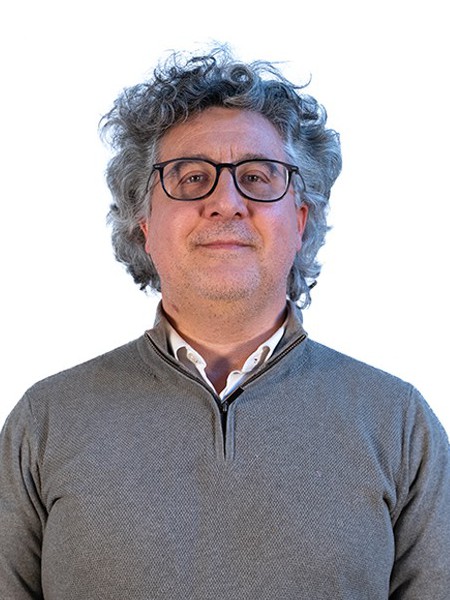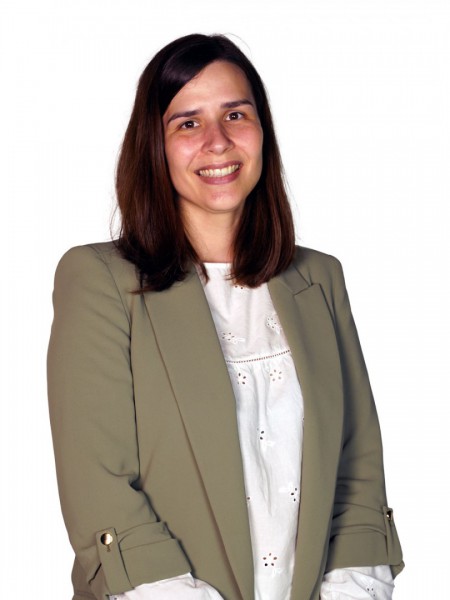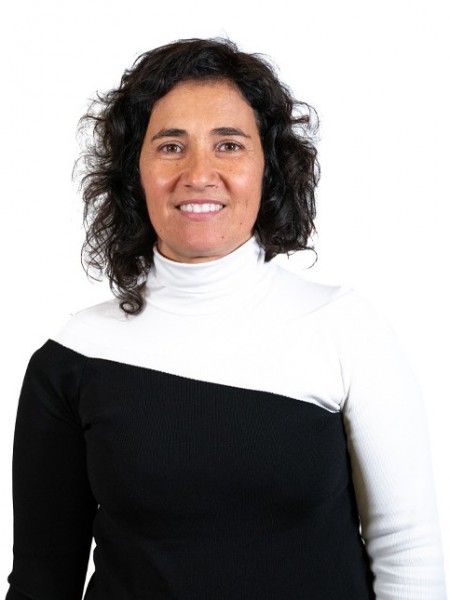abstract
The synthesis and characterization of pristine and amine-functionalized periodic mesoporous phenylene-silicas having different pore sizes are reported. We explore the potential of these materials for CO2/CH4 separation, by studying the adsorption of pure CO2 and pure CH4 gases. The aminated periodic mesoporous phenylene-silica with the smallest pore size is the best adsorbent to CO2, presenting a Henry's constant of 0.56 mol.kg(-1).bar(-1) at 35 degrees C. However, the corresponding Henry's constant for CH4 is extremely low (0.06 mol.kg(-1).bar(-1) at 35 degrees C). There is a direct correlation between the % of T-SMP(2) silanols species and the values of the Henry's CO, constants, which may be used to theoretically predict experimental CO2 Henry's constants of potential adsorbents.
keywords
PRESSURE SWING ADSORPTION; CARBON-DIOXIDE CAPTURE; ACTIVATED CARBON; LANDFILL GAS; CHEMICAL-MODIFICATION; POROUS MATERIALS; ORGANIC GROUPS; BETA-ZEOLITE; NATURAL-GAS; SEPARATION
subject category
Chemistry; Science & Technology - Other Topics; Materials Science
authors
Lourenco, MAO; Siquet, C; Santos, J; Jorge, M; Gomes, JRB; Ferreira, P
our authors
Groups
G1 - Porous Materials and Nanosystems
G2 - Photonic, Electronic and Magnetic Materials
G6 - Virtual Materials and Artificial Intelligence
Projects
CICECO - Aveiro Institute of Materials (UID/CTM/50011/2013)
RMNE-UA-National Network of Electron Microscopy (REDE/1509/RME/2005 )
acknowledgements
This work was developed in the scope of the project CICECO-Aveiro Institute of Materials POCI-01-0145-FEDER-007679 (ref. FCT UID/CTM/50011/2013) and project LSRE-LCM NORTE-07-0124-FEDER-000011 (ref. FCT UID/EQU/500230/2013), financed by national funds through the FCT/MEC and when applicable cofinanced by FEDER under the PT2020 Partnership Agreement, project FCOMP-01-0124-FEDER-010345 (PTDC/EQU-EQU/099423/2008), FCT Programmes Ciencia 2007 and Investigador FCT. Authors are also grateful to Dr. L. Mafra and Dr. R. Siegel for their support in the 15N CP MAS analyses and to the National Network of electron microscopy and University of Aveiro: Project REDE/1509/RME/2005. M.A.O.L. acknowledges the grant SFRH/BD/80883/2011. The authors gratefully acknowledge Prof. Alirio Rodrigues (University of Porto), Dr. Moises Pinto (University of Lisbon) and Dr. Ashleigh Fletcher (University of Strathclyde) for many fruitful discussions. This work is included in a collaborative project framed in the European MP1202: HINT COST action.




